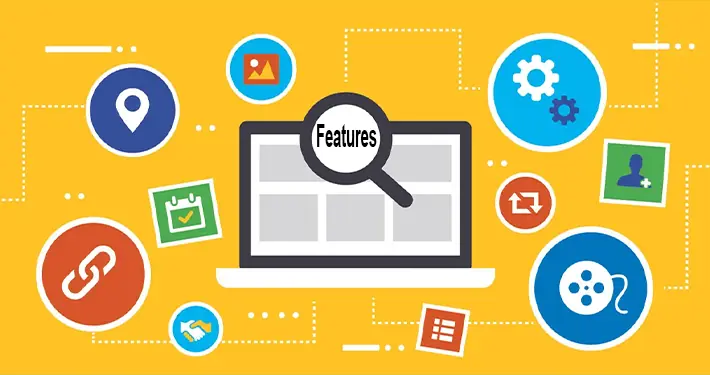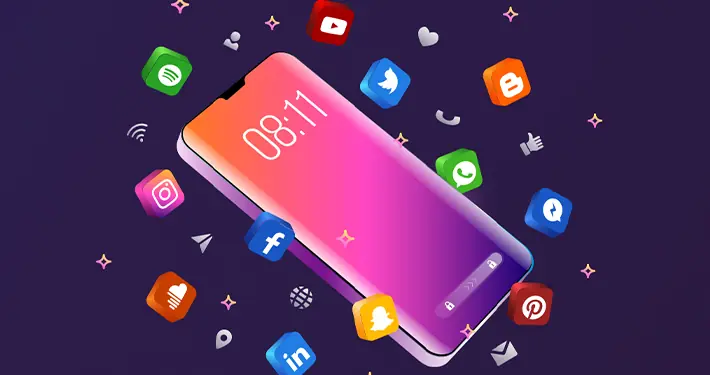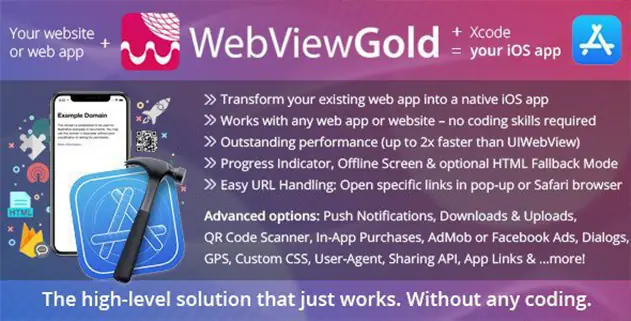WebViewGold for iOS 12.0
WebViewGold for iOS is an innovative no-code WebView app template for Xcode designed to make things easier for you: Create your own apps for iOS easily using your existing web apps.

WebViewGold for iOS 12.0 Features
- Full iOS App Template
- Works with any web app/website that works on Safari browser
- Submit your app to the Apple App Store easily
- Optimized for exceptional performance
- 100% ready for iOS 16, iPadOS 16, Swift 5.6, and Xcode 14
- Support for Apple App Tracking Transparency
- Universal App Design
- Easy: Just define your current web app address/URL (or your local HTML folder), and WebViewGold takes care of the rest!
- Your app content is always up-to-date automatically
- Optional fallback switch mode
- Native Loading Spinner/iOS Activity Indicator while loading your web app
- Display a Splash Screen
- Smart Performance Cache Mechanism
- Pull To Refresh Functionality
- Take Screenshot API
- App Version Check API
- Social Login Support
- Native Swipe Gesture Navigation Support
- Offline Screen with “Try again” button and Auto Reconnect if your app can’t connect to your URL
- File Uploads & Camera Uploads supported
- Support for uploading multiple files in HTML upload forms
- GPS Location / HTML Geolocation supported
- Option to prevent the device from going to sleep mode while the app is active
- HTML 5 Audio supported
- URL Handling
- Language Detection
- Custom Status Bar Color Design
- Dynamic Status Bar Color API
- Custom Safe Area/Bottom Bar Color
- iOS Dark Mode Support
- Define customized, separated User-Agents for iPhone and iPad devices
- Downloader for PDF, ePub, Wallet, Documents, and Music Files
- Image Saving API
- Native JavaScript Dialogs like alert(), confirm() and prompt()
- Optional Tab Functionality with additional In-App-Browser
- Print documents
- In-App Purchases & In-App Subscriptions API
- Native Sharing Dialog API
- iCal Calendar API
- Auto-Refresh Option
- UUID API
What is a Mobile App
A mobile app, or mobile application, is a specialized type of software created for mobile devices, such as smartphones and tablet computers. In contrast to conventional desktop or laptop applications, mobile apps are tailored to leverage the unprecedented reach, portability, touchscreen interfaces, and diverse functionalities of mobile platforms.
Mobile apps fall into three main categories: hybrid, native, and web apps. A native app is a software application developed specifically for one mobile device operating system (OS), while a native and web application can each run on more than one OS.
The Apple App Store was pivotal in popularizing mobile applications, offering a vast array for iPhone, iPad, and iPod Touch users. Now, Google Play Store has overtaken the App Store in terms of the number of available apps. These app stores are home to the world’s iOS and Android apps.

Examples of mobile apps include gaming apps that entertain, productivity apps that make tracking and accomplishing work easier, ecommerce applications, and health-tracking apps to maintain people’s mental and physical well-being.
Users are not the only ones who benefit from applications. More businesses and organizations are building mobile apps to generate more income or scale their operations. These entities develop apps independently, scout for outsourced talent, hire freelancers, or collaborate with app agencies to succeed in their goals.
One key industry that leverages mobile apps for growth is e-commerce. There are many examples of ecommerce companies that have gone mobile. One relevant instance is when MyDeal collaborated with Appetiser Apps to maintain industry competitiveness in the face of user migration from desktops to smartphones.

